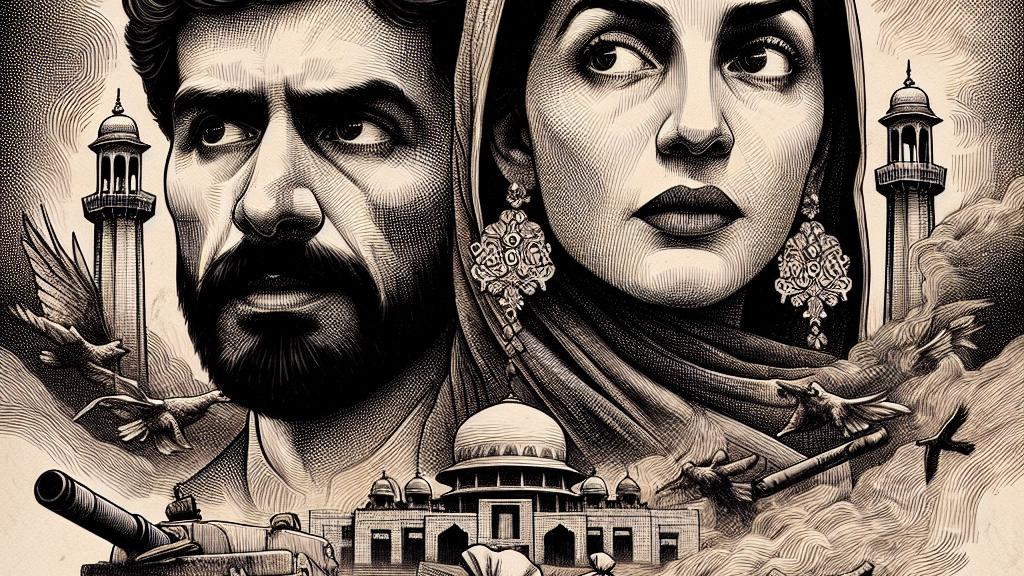Understanding the Legal Challenges of Pakistan's Former Prime Minister
Overview
- Imran Khan faces mounting legal troubles that could reshape Pakistan's political landscape.
- Accused of illegally selling state gifts, the case highlights deep-rooted corruption allegations.
- Political motives behind the charges raise questions about military influence and governance.

Recent Developments in Imran Khan's Ongoing Legal Troubles
In Islamabad, the tale of former Prime Minister Imran Khan unfolds dramatically, capturing the nation's attention. Recently, Khan and his wife, Bushra Bibi, were formally charged with the illegal sale of state gifts, an allegation that echoes the widespread sentiment of corruption in political offices. These gifts, reportedly valued at over 140 million rupees (approximately $501,000), were said to be sold for personal gain during Khan's controversial leadership from 2018 until 2022. The timing of these charges—following a period of immense political tension—adds a layer of intrigue, especially since their sentences have been suspended pending appeal. This situation raises profound questions: Are these charges a legitimate legal issue, or simply a tactic to undermine a political rival ahead of crucial elections?
Political Context: Dissecting Allegations of Graft and Power Dynamics
Examining Khan's legal challenges reveals a complex interplay of politics and power in Pakistan. Drawing parallels with former U.S. President Donald Trump's graft investigations offers a compelling narrative about how political adversaries can exploit legal frameworks to weaken opponents. In Khan's case, the indictment centers around serious accusations of misusing state resources—an act that many believe reflects deeper historical grievances between Khan and the military. After Khan's dramatic fallout with the military, accusations of misuse of power and financial impropriety have surged, seen by his supporters as a concerted effort to silence discontent against the establishment. This increasing friction illustrates how legal battles can simultaneously serve as a battleground for larger political confrontations.
Broader Implications: Navigating Pakistan's Tumultuous Political Terrain
The stakes in Khan's legal drama extend far beyond his personal fate; they could redefine Pakistan’s political landscape for years to come. Should Khan successfully defend against these charges, he could emerge as a symbol of resilience, inspiring a renewed hope among his supporters who seek greater accountability in governance. Conversely, if the allegations are upheld, it could further entrench military dominance in civilian politics, stifling the voices of opposition and perpetuating a cycle of fear and repression. Ultimately, this precarious scenario poses vital questions for the future of democracy in Pakistan: Will it evolve toward greater transparency and fairness, or will it descend into further authoritarianism? As the legal saga unfolds, one thing remains certain: the outcome will have substantial consequences for the nation's governance and its citizens' trust in political structures.

Loading...